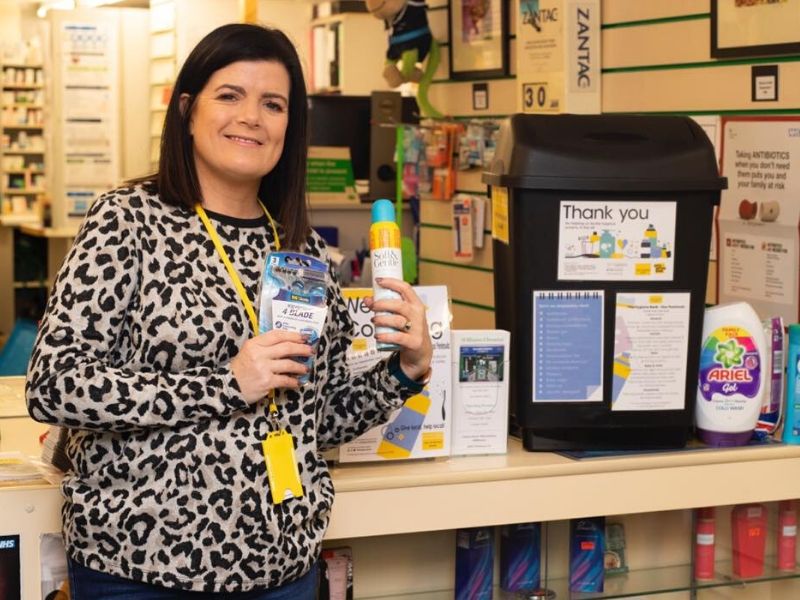One charity’s struggle to end hygiene poverty in Medway
One charity who has made it their mission to help local people in Medway living in hygiene poverty, despite the struggle of the Coronavirus pandemic, is The Hygiene Bank.
Based in Strood and Hoo Peninsula, they are using their message to support and bring attention to the most deprived areas of Medway, in which people are living without basic hygiene facilities.
With the pandemic seriously affecting Medway’s population, it has increased the need of those living in hygiene poverty, and they have been left struggling. Founder Emma Thomas has said,
“Due to the Coronavirus and Government restrictions, all of my 15 drop off points are closed or inaccessible. This means that our much-needed donations of hygiene products from the public has completely dried up.”

Described as a hidden epidemic, over 14 million people in the UK live in poverty in the UK, which is 1/5 of our population. Whereas, three in ten teachers regularly have to buy their pupils essential toiletries.
Many people living in Hygiene Poverty go undetected. Therefore, there are no real figures to state how much of the population in Medway are part of this statistic. Thomas continues,
“We work with the council, charities & organisations across Medway to get the donations to those who need them the most. More could be done to raise awareness of the issue, and I feel by raising awareness the pressure to help is increased.”
READ MORE: MEDWAY FACEBOOK GROUPS BRINGING A COMMUNITY TOGETHER IN LOCKDOWN
Emma relies on donations from the public to help sustain her self-funded project, but with the Coronavirus resulting in a lack of food and products in our shops, she has had to seek an appeal to keep her charity afloat.
“I cannot comment on the Council’s involvement, but the local community have been absolutely amazing and they really want to help. Their response to our appeal during the current epidemic has been so very generous.”
The charity is calling on the support of local businesses who have anything spare to donate in this tough time, from shower gels to sanitary products or they have an Amazon wish-list full of their most requested items.
With the growing epidemic, the issue of ending hygiene poverty for good is seen to be many years away. Despite JRF’s strategy ‘We can solve poverty in the UK’, who hope to see an end to poverty in 2030. Thomas said,
“A change in attitude by society, created by raising awareness in local communities, would force the issue of hygiene poverty to the forefront of the national political agenda.”
Feature Image – Credit Emma Thomas, The Hygiene Bank
